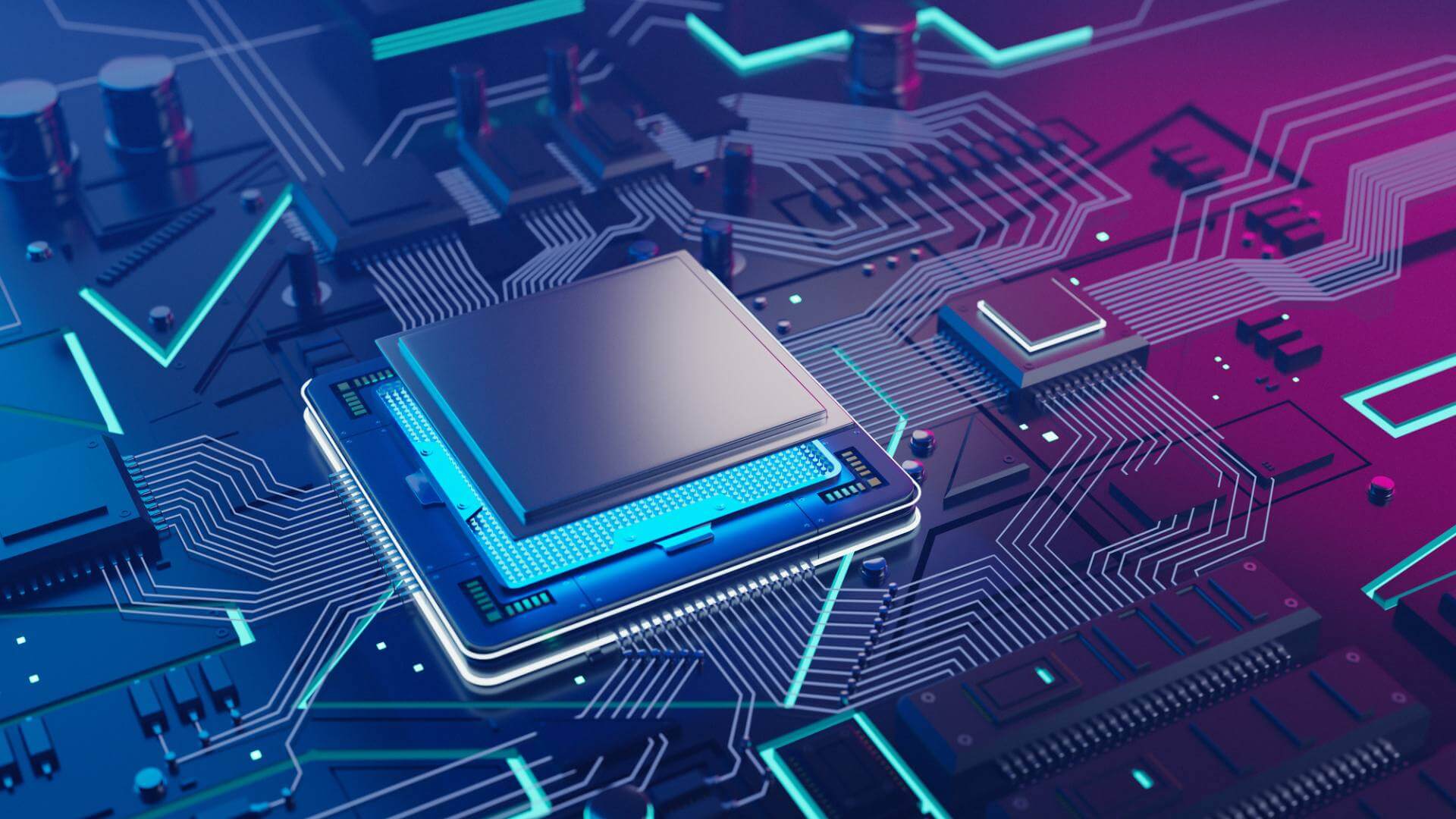According to the Congressional Research Service (CRS), the U.S. share of global semiconductor fabrication capacity has steadily declined from roughly 40% in 1990 to around 12% in 2020. Because chip manufacturing comes with high costs and complexity, many U.S. semiconductor companies have moved to a “fabless” model, maintaining the higher-value design elements for new more capable chips while outsourcing their fabrication abroad, primarily to East Asia, now home to nearly 80% of global chip fabrication. Some of America’s largest technology firms, including Google, Apple, and Amazon, rely on the Taiwan Semiconductor Manufacturing Company (TSMC) for nearly 90% of their chip production.
The U.S. Creating Helpful Incentives to Produce Semiconductors (CHIPS) and Science Act of 2022 will provide some $76 billion to spur U.S. semiconductor competitiveness, including $39 billion in federal matching grants for state and local incentives toward attracting semiconductor fabs, $11 billion for R&D and innovation efforts, $2 billion for defense-related semiconductor needs and an estimated $24 billion for semiconductor manufacturing investment tax credits. Semiconductors form the basis for the technology breakthroughs and inventions driving the future of the U.S. economy, national security and deep-tech innovation, from 5G/6G communications to AI and quantum computing, electric vehicles, autonomous driving, and advanced aerospace and defense systems. Here are a series of opinion pieces we found of interest discussing why the CHIPS Act is good for U.S. innovation.
Chip-Making Push Expected to Boost U.S. Innovation
In an opinion piece for The Wall Street Journal, “Chip-Making Push Expected to Boost U.S. Innovation,” reporter Angus Loten argues that the bipartisan CHIPS and Science Act goes a long way to boost innovation. Chips are a key component of technologies such as 5G wireless devices, artificial intelligence software, autonomous vehicles and cryptocurrencies. Industry experts believe that U.S. efforts to boost domestic semiconductor manufacturing will have a beneficial impact on homegrown innovation, in part by ensuring tech startups have the resources they need to scale emerging technologies. According to the experts, startups that depend on a stable supply of semiconductors stand to draw more private-market investors as there is less risk for the venture capital investors. Read the full article on The Wall Street Journal.
Let’s Talk About the Next CHIPS Act
In an opinion piece for The Hill, “Let’s talk about the next CHIPS Act,” Anastasios “Taso” Arima, cofounder and CEO of IperionX, argues that although the CHIPS and Science Act is a significant investment in U.S. competitiveness and innovation, injecting more than $280 billion into U.S. manufacturing and research of semiconductor chips, it is only the first step toward solving global chip production issues. He believes the government needs to act quickly to catalyze targeted investment in U.S. critical metal and mineral production. Arima states that the U.S. relies almost entirely on foreign sources to supply critical metals such as titanium, lithium and rare earths. Without access to these materials, he argues there can be no advanced American manufacturing. Arima adds that these metals and their mineral feedstocks are essential parts of the technologies required to reduce U.S. carbon emissions and secure national defense. Read the full article on The Hill.
What’s the Point? Americans Support the CHIPS and Science Act
In an opinion piece for the Center for American Progress Action, “What’s the Point? Americans Support the CHIPS and Science Act,” John Halpin, former senior fellow and current codirector of politics and elections for the Center for American Progress Action, writes that Americans, across party lines, offer strong support for the CHIPS and Science Act. This support demonstrates that they understand the importance of these investments to maintaining the country’s supply chains and national security interests in the competitive economic landscape. A significant portion of the CHIPS Act is dedicated to strengthening R&D through the establishment of new regional innovation and technology hubs and investments to improve all levels of science, technology, engineering, and math education for students.
Halpin notes that according to polling conducted by Morning Consult and Politico ahead of the congressional action on the bill, the American public strongly backed these efforts to revitalize domestic chip manufacturing and advance R&D in key technologies. The polling found nearly two-thirds of registered voters support “government assistance to promote the domestic production of semiconductor chips,” including nearly 7 in 10 Democrats and more than 6 in 10 independents and Republicans. Read the full article on Center for American Progress Action.
Disclosure: Fatty Fish is a research and advisory firm that engages or has engaged in research, analysis, and advisory services with many technology companies, including those mentioned in this article. The author does not hold any equity positions with any company mentioned in this article.
The Fatty Fish Editorial Team includes a diverse group of industry analysts, researchers, and advisors who spend most of their days diving into the most important topics impacting the future of the technology sector. Our team focuses on the potential impact of tech-related IP policy, legislation, regulation, and litigation, along with critical global and geostrategic trends — and delivers content that makes it easier for journalists, lobbyists, and policy makers to understand these issues.
- The Fatty Fish Editorial Teamhttps://fattyfish.org/author/fattyfish_editorial/January 19, 2024
- The Fatty Fish Editorial Teamhttps://fattyfish.org/author/fattyfish_editorial/January 3, 2024
- The Fatty Fish Editorial Teamhttps://fattyfish.org/author/fattyfish_editorial/January 3, 2024
- The Fatty Fish Editorial Teamhttps://fattyfish.org/author/fattyfish_editorial/December 31, 2023









